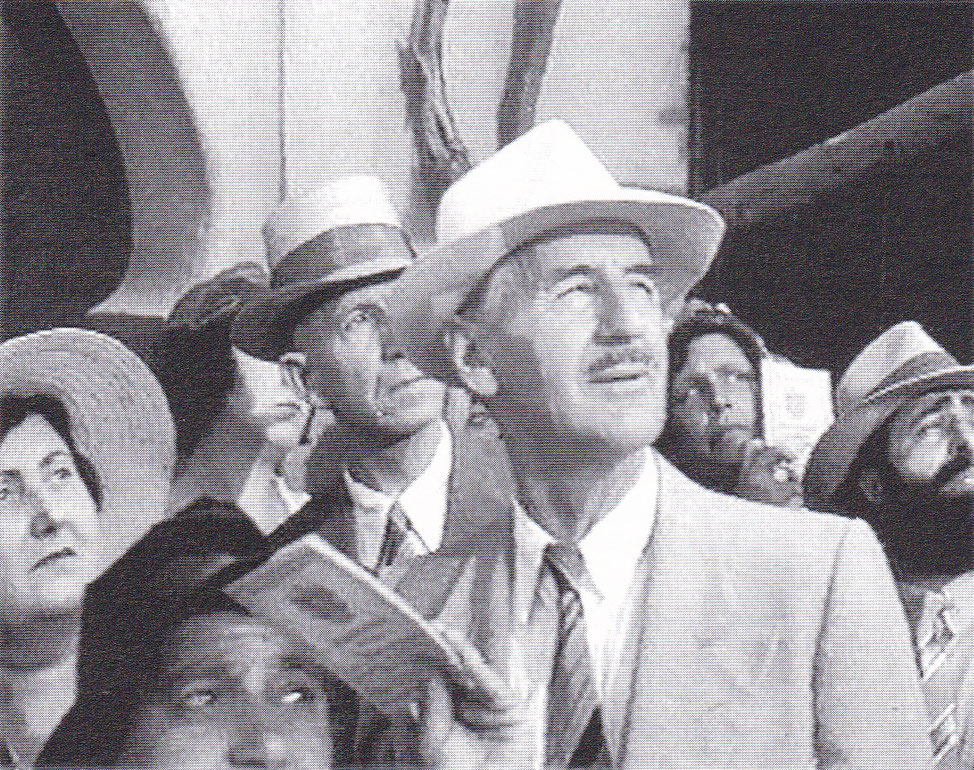Dar-el-Beida
Passports and life-saving documents slip like play money through the hands of scrupulous string-pullers and corrupt border officials. People are moved around like chess pieces. Not only do impenetrable clouds issue from steam locomotives and aeroplanes, but a thick haze of smoke hangs around the noses of those in transit who wait in fear and who are the objects of business and merciless games. Dar-el-Beida intensifies the threatening clutches of an omnipresent power which lies in wait for refugees in train stations, waiting rooms, police stations, embassies and offices. In a short but insistent re-working of picture and sound material from Curtiz´ Casablanca, Tim Sharp has produced figurative and acoustic threads in which unease reigns as the subtext of the narrative. The repetetive structure and occasional disassociation of sound and picture parades powerlessness before the eyes of cinematographic figures, the key to which is listening and being seen. (Christa Blümlinger)
While Casablanca has much to do with male power and male friendship, righteousness and adventure, Dar-el-Beida concerns the feelings of the refugees/outsiders who people the background of the film. Those who exist in an atmosphere of being threatened, get nowhere but are always on the move, those who have their identity reduced or nationality changed arbitrarily, in short, the powerless. In Dar-el-Beida (the latinised Arab name for Casablanca), Bogie asks, "do you want my advice?" His cynical answer (in Casablanca) is the unspoken reality of Dar-el-Beida. (Tim Sharp)
Dar-el-Beida
1996
Austria
2 min 40 sec

